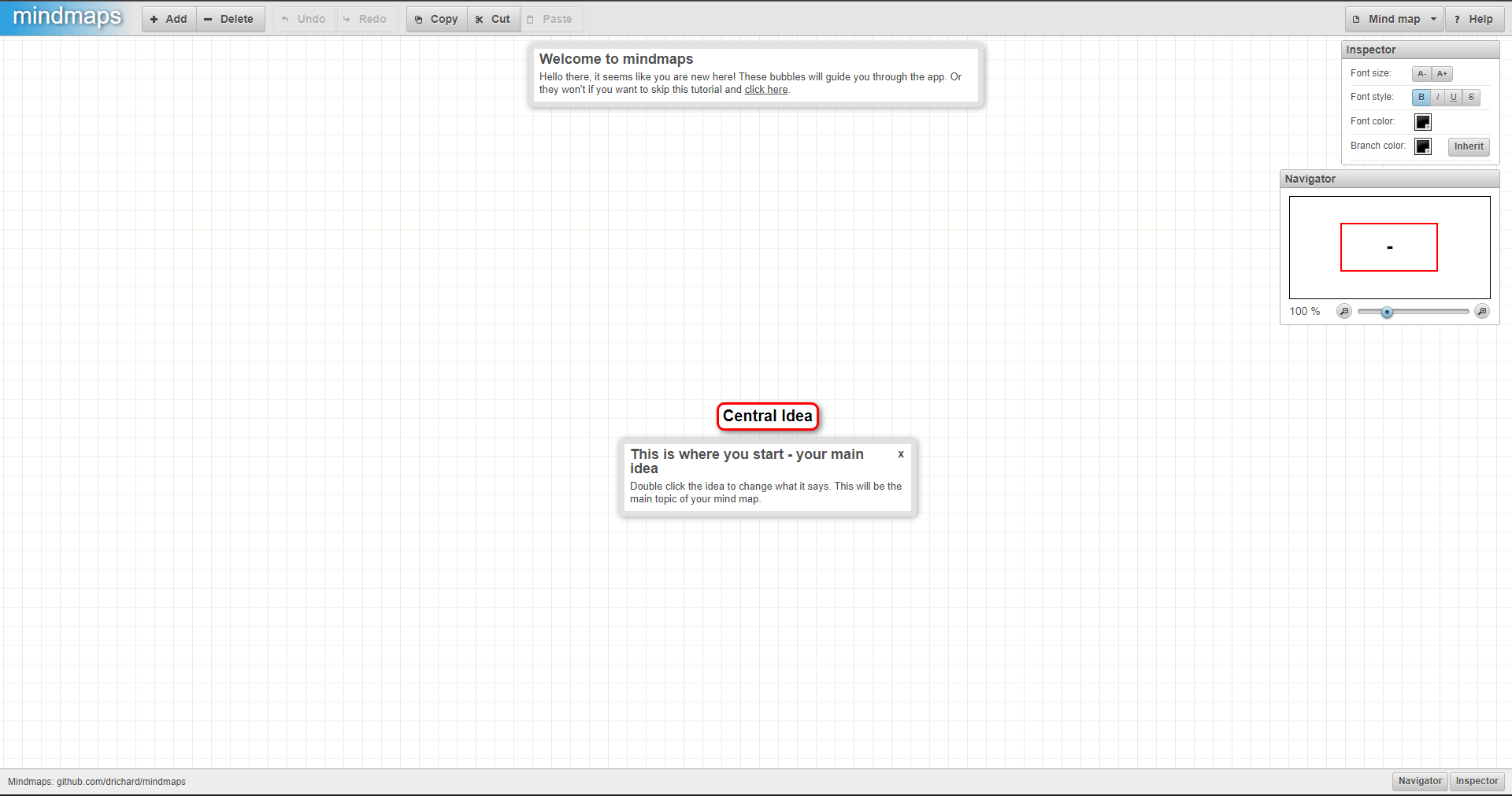Is it true?
Did you know?
Did you know that only four NBA team names don’t end in the letter ‘S’?
They are the Miami Heat, the Oklahoma City Thunder, the Orlando Magic, and the Utah Jazz.
In a world where technology and accessing the Internet extend to many different spaces, it is important to understand how to determine if the information you receive can be proven true, or if it’s someone’s opinion.
Are you ready to learn about digital literacy? Let’s begin!
Digital literacy has become more important than ever, whether you’re trying to determine if information is true or just trying to be an effective digital citizen.
Try it!
When you think of “digital literacy,” what are a few words, images, or ideas that come to mind?
Record your ideas in the following mind map provided or in another method of your choice.
The following interactive is functional on desktop only.
Press the Start button to access the following interactive. This interactive will open in a new window.
 Start (Opens in a new
window)
Start (Opens in a new
window)
Digital literacy
Giannis Antetokounmpo
I see myself as a student. Trying to learn everything.

Giannis Antetokounmpo #3 of the Milwaukee Bucks (2023), with Jimmy Butler, #22 of the Miami Heat (2023), and Bam Adebayo, #13 of the Miami Heat, April 16, 2023.
Do you know the difference between a fact and an opinion? Learning how to distinguish facts and opinions is an essential aspect of digital literacy. According to Ontario’s Ministry of Education, “...digital literacy involves the ability to solve problems using technology in a safe, legal, and ethically responsible manner.”
Source:
Ministry of Education. (2020). Transferable skills.
Government of Ontario.
https://www.dcp.edu.gov.on.ca/en/transferable-skills
Think
First, think of a fact that you know. Then, think of an opinion that you have.
What might the difference be between a fact and an opinion?
Facts and opinions

So, what’s the difference between a fact and an opinion, and why is it important to know in an increasingly digital world?
Definition
Fact
A fact is a statement that is true and can be verified objectively or proven. In other words, a fact is true and correct no matter what.
Opinion
An opinion, however, is a statement that holds an element of belief; it tells how someone feels. An opinion is not always true and cannot necessarily be proven.
For example, a fact might be:
Basketball is a sport played with two nets and a ball.
An opinion might be:
Basketball is the greatest sport in the world.
The second example is an opinion because that statement cannot be proven. If anyone has a different idea about which sport is best, then it cannot be true that basketball (as much fun as it is) can be the greatest sport.
There's nothing wrong with an opinion, even when reporting the news! Opinions can give an important perspective about an event, idea, or movement. However, it is important to be able to distinguish between what is a fact versus an opinion in order to make informed decisions.
Take a moment and reflect on your learning!
Try it!
Place the following cards into categories that best match.
Being able to identify the difference between a fact and opinion is an essential skill in navigating information online. Facts can be backed up by evidence, while an opinion is a statement of belief. Being able to tell the difference will make you an effective digital citizen!
Explore this!
Explore the following video that elaborates on the difference between facts and opinions.
What are some tips you've learned that might help you tell the difference?
Explore!
NBA Moment
In 2020, the NBA announced its NBA Together campaign to support people impacted by the coronavirus pandemic. The program features four pillars—Know the Facts, Acts of Caring, Expand Your Community, and NBA Together Live—to provide facts about the coronavirus and help those affected by the disease.
Source:
Daniels, T. (2020, March 21).NBA announces 'NBA together' campaign to support people impacted by coronavirus. Bleacher Report. Retrieved April 17, 2023, from https://bleacherreport.com/articles/2882277-nba-announces-nba-together-campaign-to-support-people-impacted-by-coronavirus

It's important to be aware of the purpose of the things you're reading online. Was it posted to make you laugh? To provide information? To make you angry?
Before reacting to something you read online, ask yourself:
- What was the writer's intention?
- Was this created to inform people, or to cause a reaction?
Try it!
Visit your favourite site or app where you access your news or information.
Does the site or app have mostly facts, or opinions? List a few headlines and determine whether they contain facts or opinions.
Press the Examples button to explore headline examples.
An example of a headline containing a fact might be:
Raptors defeat Heat as Anunoby leads the way
An example of a headline containing an opinion might be:
Lakers gearing up for what could be their best season in decades
Excellent work! You may continue to reflect on how to evaluate information critically. But first, you deserve a break!






